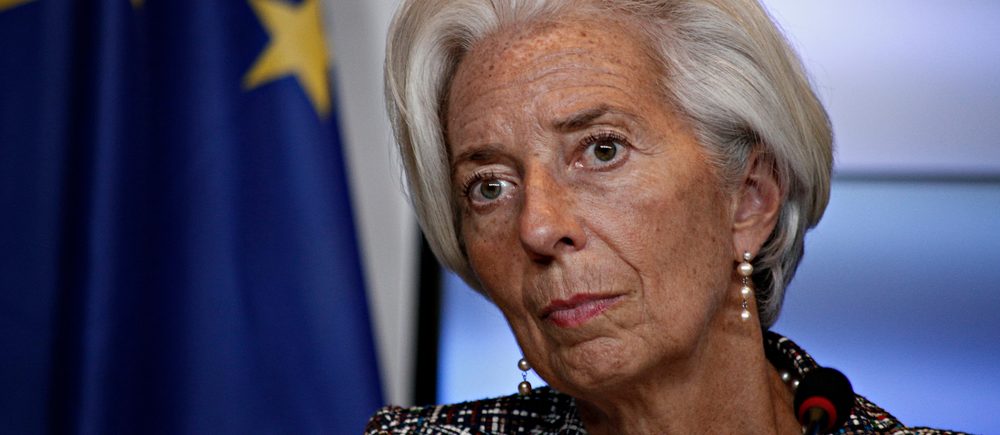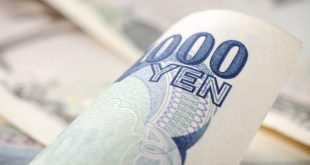Investors and observers have expected the European Central Bank’s October meeting to be unexciting, but the current mixture of growth slowdown and higher inflation could cause it to be more action-packed than anticipated.
Although big decisions on the future of the European Central Bank’s emergency stimulus package are unlikely to be revealed until December, investors’ interest will be focused on comments made by bank President Christine Lagarde Thursday, as effort is foreseeable to prevent an unwarranted tightening of financial conditions when the Eurozone economic recovery is slowing down.
Observers as well as economists see scope for the ECB to continue its pushback against current market pricing in its communications at the meeting and Lagarde is expected to maintain that the current inflation spike is largely transitory.
Investors are eying any indication of a shift in the ECB’s thinking on the nature of the current spike in inflation. The persistent narrative has been that the current increase in inflation is expected to be largely temporary and underlying price pressures are building up only slowly, as Lagarde stated in September. Any change to this language could be a real market mover as it also implies a more hawkish tone inside the ECB’s Governing Council.
Euro zone inflation hit a 13-year high in September, mainly pushed up by higher energy prices, rising car prices and higher costs for accommodation.
The Eurozone economy currently is encountering several adverse economic shocks. Supply chain bottlenecks have created shortages of all sorts of goods and gas prices are at record highs. Despite these uncertainties the market is currently weighing a first rate hike by the central bank at the end of 2022.
The market will be keen to hear whether Lagarde argues as strongly as ECB Chief Economist Lane that the market timing of lift-off is inconsistent with the new guidance. Earlier this month, ECB Chief Economist Philip Lane called into question whether interest rates would rise at the end of next year; given that the central bank has said it won’t lift rates until inflation is at 2% over the medium term.
While the rise in prices for accommodation should be interpreted as a catch up price increase, rising car prices reflect supply side bottlenecks and the September figures provide hesitant evidence that the catch up part of inflation is a one-off and therefore temporary, while the price pressure emanating from bottlenecks is, so far, not narrowing.

 Noor Trends News, Technical Analysis, Educational Tools and Recommendations
Noor Trends News, Technical Analysis, Educational Tools and Recommendations




